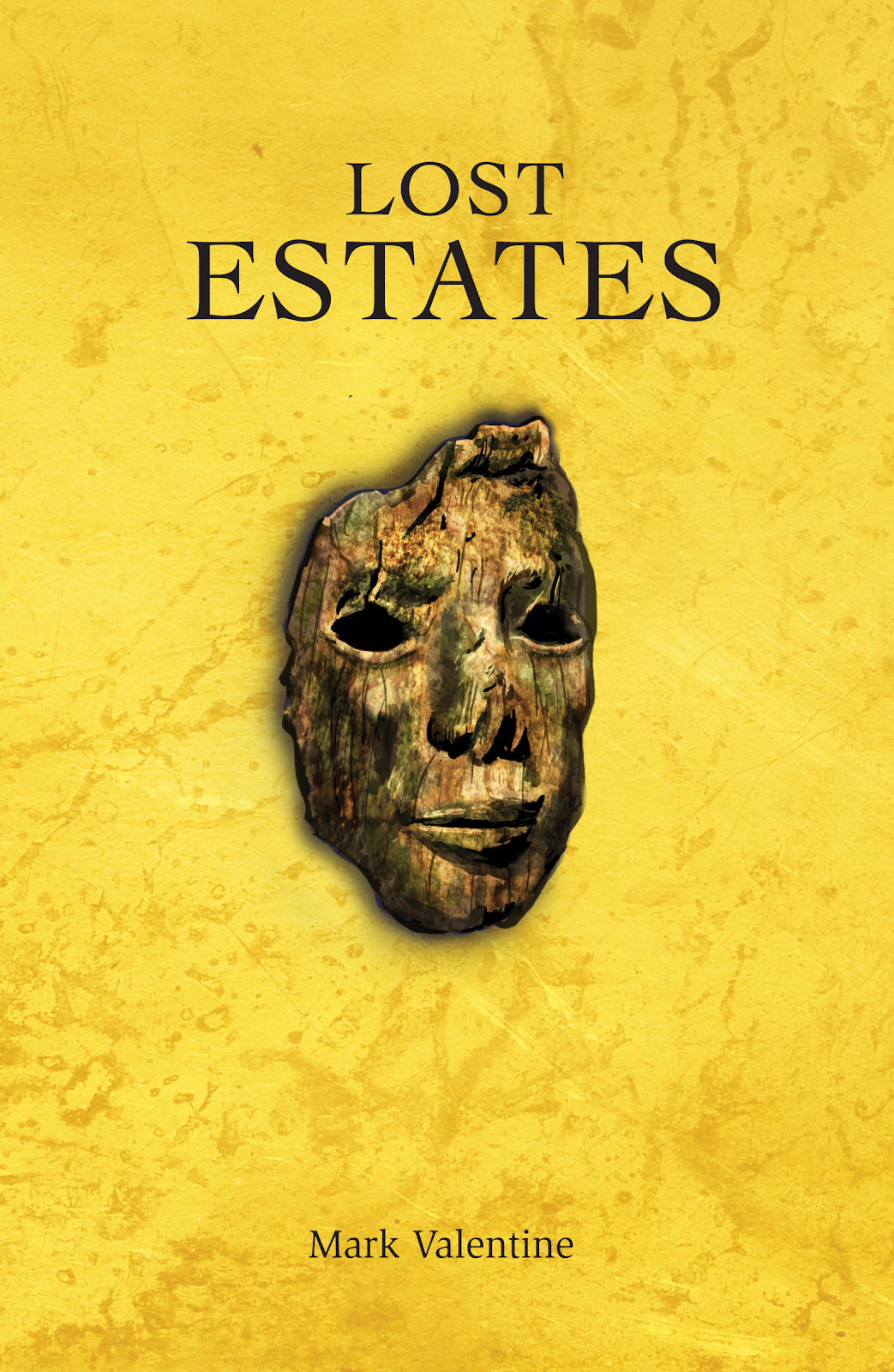 |
| Splendidly atsmopheric cover by John Coulthart |
'Friends and Spectres is a companion volume to Ghosts of the Chit-Chat (2020), an anthology of ghost stories by authors who had been members of the Cambridge University Chit-Chat Club along with M. R. James. Here the associations with MRJ are less formal, but stronger and more enduring: for it is the bond of genuine friendship that ties these writers to him.
'The majority of pieces here were originally published under pseudonyms, and over half appeared first in amateur magazines or local newspapers. All deal with the supernatural, and several of the stories are themselves spectres—or more properly “revenants”, only now re-emerging into the light after decades of oblivion. There are rediscoveries here of “lost” tales by Arthur Reed Ropes, E. G. Swain, and the enigmatic “B.”'
Thus spake the blurb! I greatly enjoyed Ghosts of the Chit-Chat and am pleased to report that Robert Lloyd Parry has once more done a thorough job of selecting and introducing a broad assortment of writings. The first item, which sets the overall tone nicely, is 'A Night in King's College Chapel' by MRJ. There's also an early fragment, one of those false starts most writers are sadly familiar with.
Next up is F. Anstey, a professional writer, and a sad reminder of how fickle the public can be. Anstey enjoyed early success in the late Victorian era but fell out of favour after the Great War. He is represented by two decent stories. 'The Wraith of Barnjum' is a dark comedy of murder and haunting. 'The Breaking-Point' is a very effective treatment of a familiar wartime theme - the 'decent chap' who returns from the front with the MC and a burden he dares not share. But he must...
Arthur Reed Ropes I found less engaging, though his 'Seraphita' does - as the editor points out - contain one brief passage containing a fairly Lovecraftian dose of tentacles. Much better is 'B', long an enigma, now confirmed to have been A.C. Benson. Benson handles historical settings well and his 'When the Door is Shut' is nicely handled. He seems to have had some issues with ursine threats, as bears or bear-like entities appear in that story and the next, 'Quia Nominor'. 'The Sparsholt Stone' is also pretty good, falling into the folk horror tradition.
E.G. Swain, author of The Stoneground Ghost Tales, needs no introduction to ghost story fans. Here Parry has provided a detailed and winning introduction to this amiable clergyman. Swain's only collection is well represented by 'The Man With the Roller', which does a good job of integrating the 'modern' hobby of photography into the historical ghostly tale. 'The Greenford Ghost' is a rarity - a longer tale by Swain that amply demonstrates his grasp of period detail and dialogue. MRJ would have approved, I feel. And Parry's introductory material offers an intriguing clue as to the origins of Swain's story, complete with a photo of an unusual church memorial.
Last but not least is R.H. Malden, one of my favorite 'James Gang' authors. 'A Collector's Company' and 'The Sundial' are both excellent examples of Jamesian ghost stories by a very accomplished writer. Malden's work also, I think, possesses that elusive thing we call charm. He is engaging, like MRJ, so that we feel we are hearing a civilised ranconteur impart a good yarn.
Overall, then, a very enjoyable book to dip into. You can encounter some old friends, a few surprises, and get a strong sense of how many long-term friendships MRJ cultivated. All credit to Robert Lloyd Parry for not merely assembling a worthwhile anthology, but adding plenty of biographical material to help flesh out the characters behind the fiction.

































